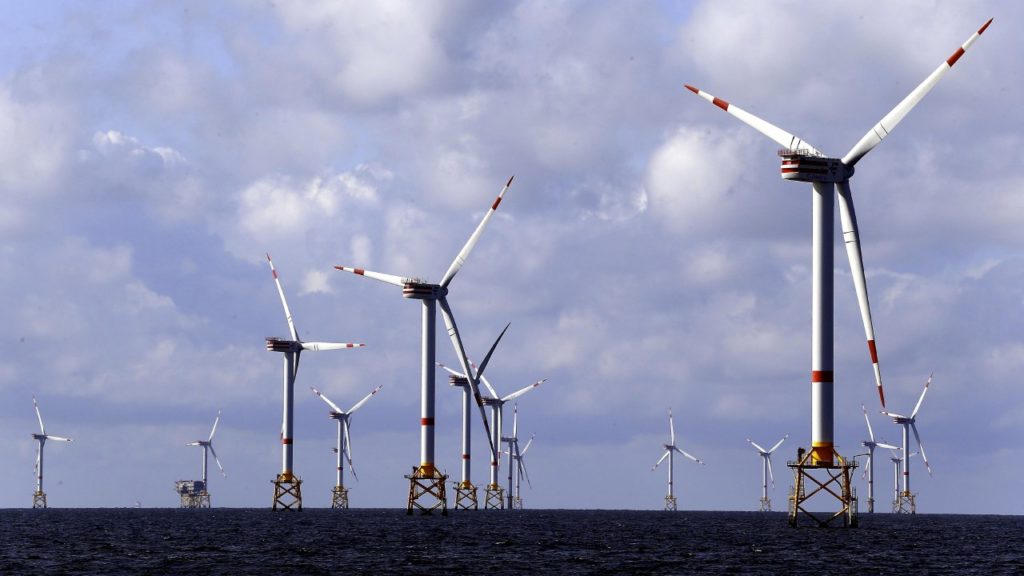The oversupply of electricity in Belgium as a result of the new coronavirus (Covid-19) crisis has caused the wholesale electricity prices to drop below zero.
Many companies are at a standstill, or are only running at half power, which has caused electricity consumption in Belgium to fall by 16%, and prices on the wholesale market have been dropping below zero for four weekends in a row.
“We shut down wind farms at sea on Monday because the electricity they produced only costs us money,” said Pieter Verlinden, purchasing manager at the green energy supplier Eneco to De Tijd.
Normally, the sale of a megawatt-hour of electricity in the professional day trade generates €40 to 50. However, on Easter Monday, the situation was just the other way round and operators of wind farms or power stations had to pay €115 themselves for every megawatt-hour they produced.
“I do not remember ever experiencing such a dramatic price dip,” said Kris Voorspools, manager of the 70GigaWatt energy consultant agency, according to NewMobility. "Prices on Monday were negative for thirteen hours. That’s unprecedented,” he added.
As electricity is difficult to store, supply and demand must be balanced at all times. The negative prices serve to eliminate oversupply, making sure that the grid does not become overloaded. By making producers on the wholesale market pay for the electricity they supply, they are encouraged to reduce their production.
Related News
- Coronavirus: Belgians consume up to 25% less electricity
- Coronavirus: Belgium reaches 31,119 confirmed cases
- Coronavirus: Atomium says 'thank you' to all Belgians
On Monday, the Belgian nuclear power stations constantly supplied 4 gigawatts of electricity, but in the afternoon, more than 1 gigawatt of wind production was switched off to avoid overloading the grid.
“It is very strange that when there is a lack of flexibility, the nuclear power plants continue to run at full capacity,” said Voorspools. "In our neighbouring countries, there were also negative prices, but in Germany and France, for example, this led to a decline in nuclear production," he added.
Engie Electrabel, the operator of the Belgian nuclear power plants, referred to the coronavirus measures. “The nuclear power plants are currently operating with two-thirds fewer people,” said spokesperson Anne-Sophie Hugé to De Tijd.
“In these special circumstances, we want to minimise the disruption to the power plants and keep them stable at 100%. Only if the grid is in danger and [Belgian transmission system operator for high-voltage electricity] Elia asks us to do so, we will modulate the production, but we are not going to do so for economic reasons," she added.
The continued negative prices create substantial losses for suppliers, who have been buying power volumes long in advance to supply the customers with. “However, because of the coronavirus pandemic, consumption is much lower than expected. We have to sell some of the overbought volumes," said Verlinden of Eneco. "In a market where prices are low and even negative, that leads to heavy losses. This situation is not healthy for anyone," he added.
Maïthé Chini
The Brussels Times

